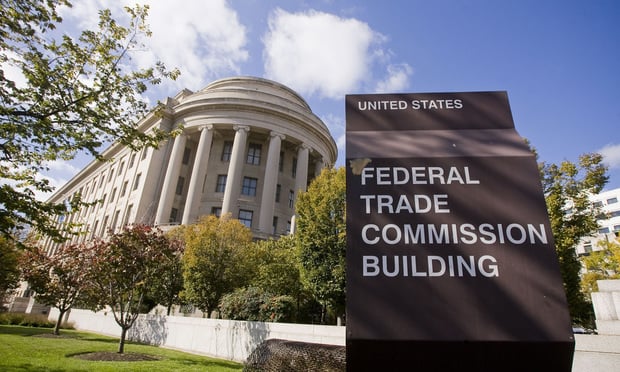PROMOTION SICKNESS - The American Lawyer’s New Partners Survey with Law.com Compass shows that while the recently promoted are happy for the title, they don’t feel prepared—particularly in a downturn. Too old to benefit from the unprecedented associate salary wars and too young to reap the record-breaking year-end profits of equity partners, many of today’s new partners are feeling overworked and underappreciated—not in spite of their promotions, but because of them, Law.com’s Dan Roe reports. Perhaps even worse, many feel completely unprepared. At a time when firms desperately needed bodies, loyalty came no cheaper than in the form of retention-oriented promotions. Now, many of those attorneys are adrift. “The firm never provided feedback on why I became a partner and what was expected of me,” said one new intellectual property partner in Boston. “It was rather self-serving on their part as they just wanted to retain me during the pandemic and intense workload.”
INTEGRATION LITIGATION - The Federal Trade Commission has gotten so into the whole “antitrust enforcement of Big Tech” thing that it’s already begun looking for fun new ways to sue companies in the space. With its new lawsuit against Microsoft over the company’s $69 billion acquisition of game developer Activision, however, the FTC might have pushed the envelope further than even some staunch observers expected, opening the door to an innovative enforcement avenue: targeting vertical integrations. Sean McConnell, an attorney with Duane Morris, told Law.com’s Isha Marathe that he remains doubtful that such a strategy will succeed, but if it does, then it might give federal regulators a wider berth to prosecute antitrust cases. “I certainly think this will be a case to follow, given the fact that it involves allegations of unilateral harm from a vertical transaction,” McConnell said. “I think in many of these industries, enforcers have signaled [an] increased focus on issues like content control.”










